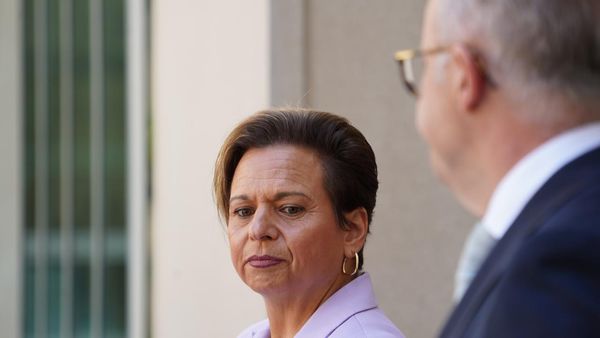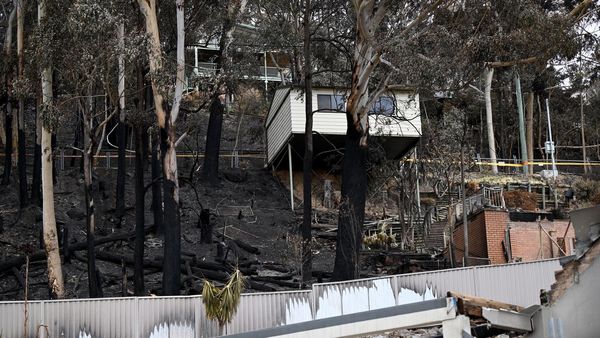
The 10% tariffs on most UK goods imported into the US are likely “here to stay”, according to Lord Mandelson.
The British ambassador to the US said the “universal 10% tariff” was unlikely to change but that there was “scope” for negotiations in different sectors and industries, such as technology.
Speaking to the Sunday Times, he added that the US president, Donald Trump, should expect a “warm reception” when he comes to the UK for a second state visit.
“He should expect a warm reception because he really does love Britain. He hugely admires it,” Mandelson said.
“He trusts Keir Starmer. It’s not a question of expressing our gratitude. My lodestar here is to demonstrate respect, not sycophancy. I don’t think the administration has any problem with that.”
The comments came amid confusion over whether British steel imports will continue to face tariffs of 25% or even double to 50%.
While a 10% tariff remains in place for most imports, the trade deal between the two nations reduced levies on car and aerospace imports. However, the prime minister and Trump suggested further negotiations were needed to reduce steel tariffs.
On Saturday Trump announced on his social media platform, Truth Social, that goods imported from the EU and Mexico will face a 30% US tariff rate starting on 1 August.
It came as a shock to European capitals, as the European Commission and the US trade representative, Jamieson Greer, had spent months hammering out a deal they believed was acceptable to both sides.
The agreement in principle, which was put on Trump’s desk on Wednesday, involved a 10% tariff, five times the pre-Trump tariff, which the bloc had already described as “pain”.
EU trade ministers will meet on Monday for a pre-arranged summit and will be under pressure from some countries to show a tough reaction by implementing €21bn (£18bn) in retaliatory measures, which they had paused until midnight the same day.
Meanwhile, Trump’s unprecedented second state visit to Britain is likely to take place in September, according to media reports, at a time when parliament is not sitting.
This would avoid the scenario of MPs boycotting or protesting a Trump address in the Commons.







